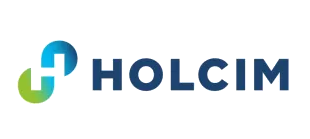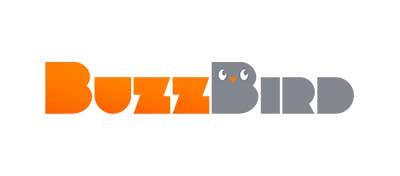We want to counteract this downward trend via our cooperation with the Nordakademie Graduate School in Hamburg’s Dockland. In collaboration with talented young people, we are shaping the consulting of tomorrow, today. In this article, we’re taking a peek behind the scenes of the project to design our chatbot. What did the students need to tweak and what challenges did they encounter within their academic work?

Germany, how’s your digitalisation coming along?
This is why it’s even more worrying that Germany is not just doing worse internationally, but Hamburg is also trailing behind the rest of the country in terms of university-level research into digitalisation, according to a study by Stifterverband. In Berlin, there are 190 professorships for IT, a total of 150 in Munich and 80 in Hamburg. Of them, just 23 are at the University of Hamburg. In 2017, the ‘ahoi.digital’ project saw the city promise to balance out this inequality by creating additional professorships. The initial funding provided by the authorities for the project ran out back in late 2020. Halting the expansion of IT also means that 100 student places planned under the auspices of ‘ahoi.digital’ were not created.
The wrong signal for students interested in the field
On its own account: a project where we can all grow
Methods and academic work
The legal position and the fear of new technologies
Anneka, conversely, worked on the psychological groundwork connected to artificial intelligence and chatbots. What potential solutions and recommendations for action are there from a psychological perspective? In particular, this revolves around overcoming the risks of the fear of technology in general and encouraging its acceptance. Anneke also collaborated with Marcel to create part of the chatbot. This will make it easier for BOLD Consulting to run targeted interviews going forward. The consulting process is made more efficient by having certain pieces of information requested ahead of meetings. At this point, however, the challenge lay in creating a shared academic foundation for the question portion of the chatbot. Academia and practice can only be combined under certain conditions and don’t correlate fully with each other.
The complexity of research into the legal basis is also not to be overlooked. The legal basis of the GDPR and German Federal Data Protection Act is of fundamental importance when it comes to designing the chatbot and the ways it can be used. Anneke did not have a legal background and had not previously engaged with law-related topics. As a result, it is not surprising that finding her feet in this respect took a good deal of patience and stamina. The resulting implications for BOLD Consulting were not drawn up light-heartedly: their content was checked time and again. Anneke’s portion was particularly crucial for the discussion within the master’s project and the final outlook.
Theory and current status of research
Seeing challenges as an opportunity
Participating in a project of this nature alongside regular lectures, examinations and a full-time job took a great deal of discipline. It is down to everyone’s positive underlying approach, communication on an equal footing and solution-focused way of thinking that it was possible to create a shared foundation. Mr Johannßen provided stimuli for the students time and again, not just acting as a bona fide expert in his field but also as a valuable sparring partner for all involved.
The goals and outcomes of our actions are always linked to our guiding principle: ‘Consulting 5.0 | Artificial intelligence for the consulting of the future.’ This is the benchmark against which we measure the success of our project. It was not a task we dreamt up for its own sake: it is grounded in real needs expressed by the market. Once the final thesis has been presented in March, we would be happy to continue the project with the students as young entrepreneurs and make it profitable.

















